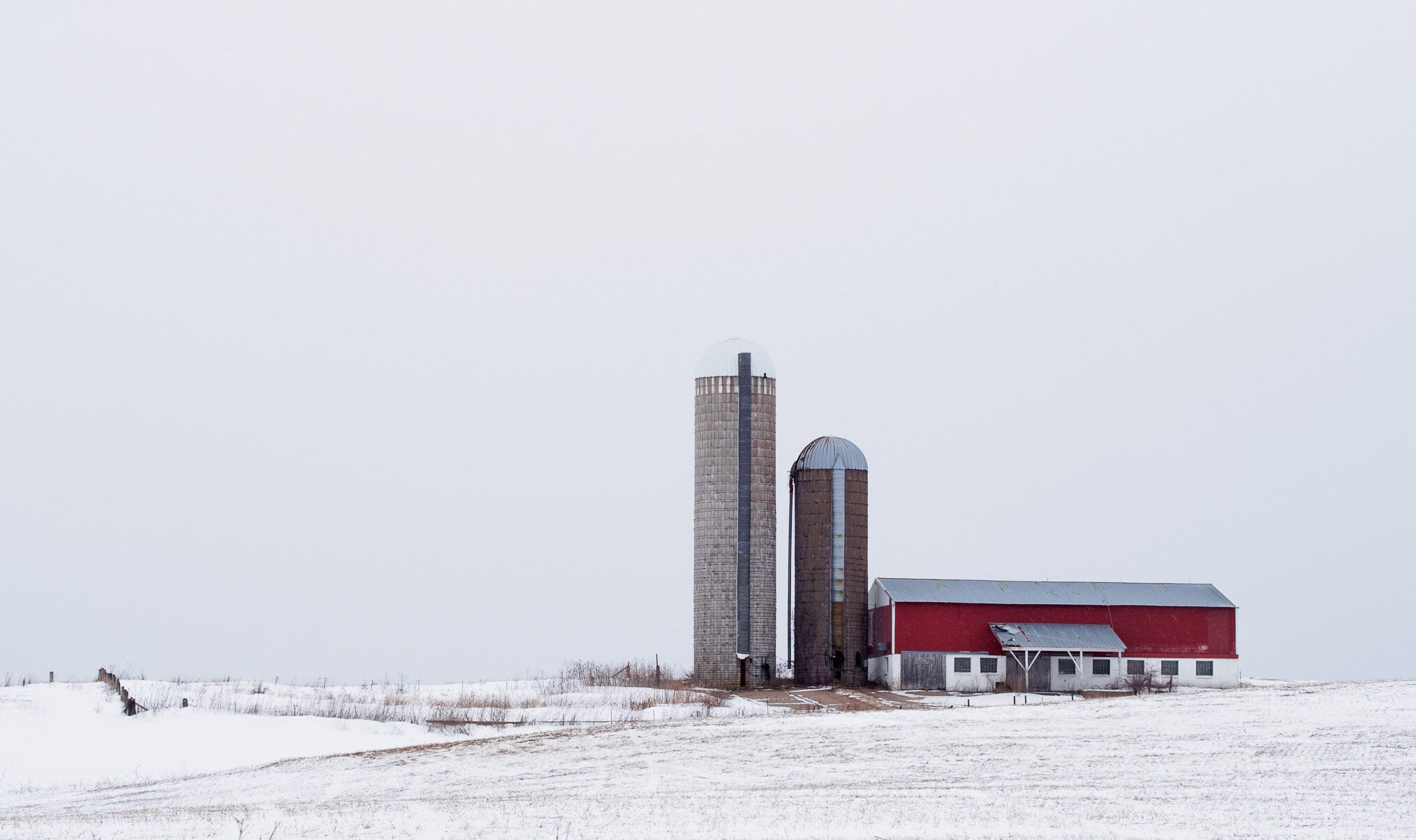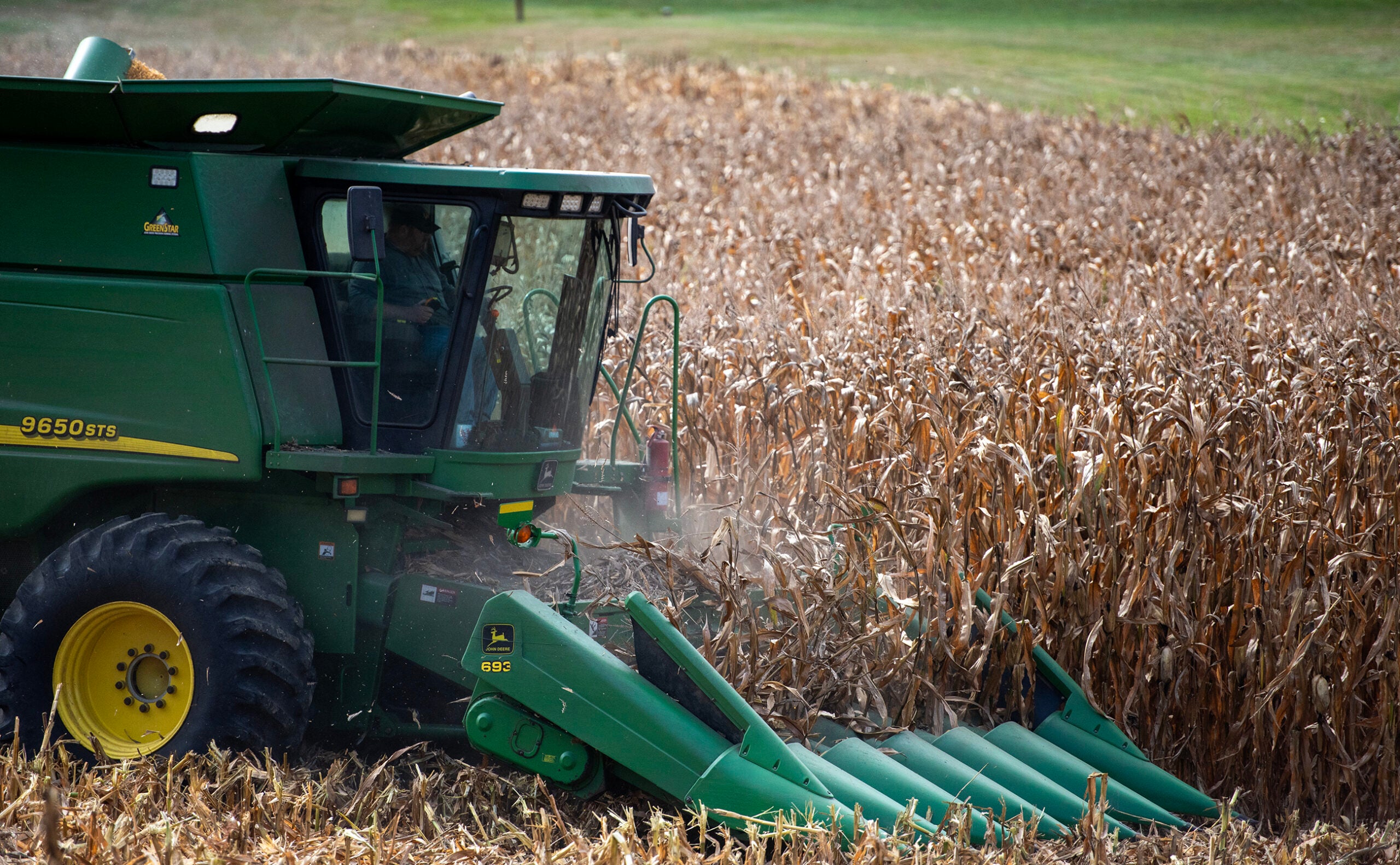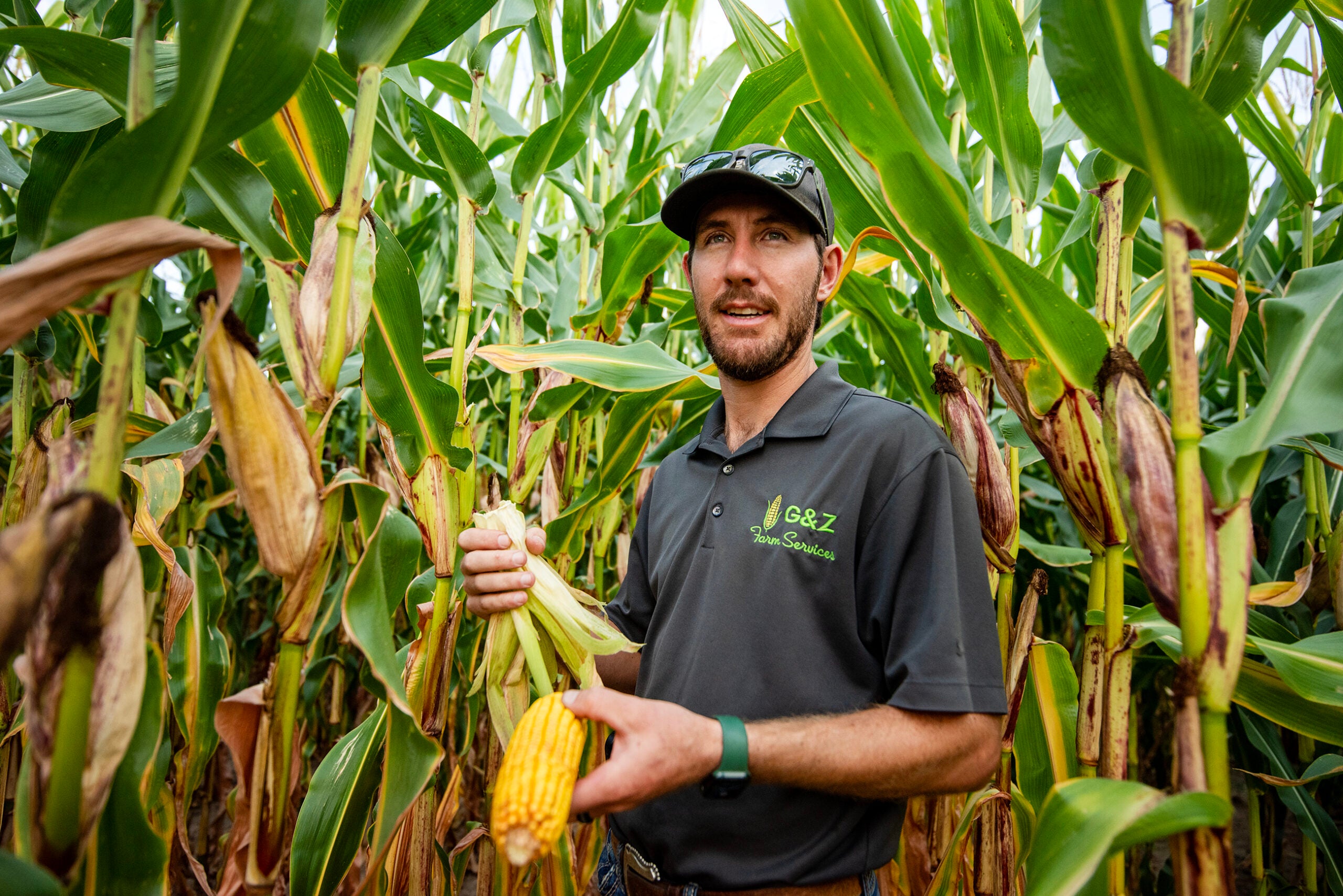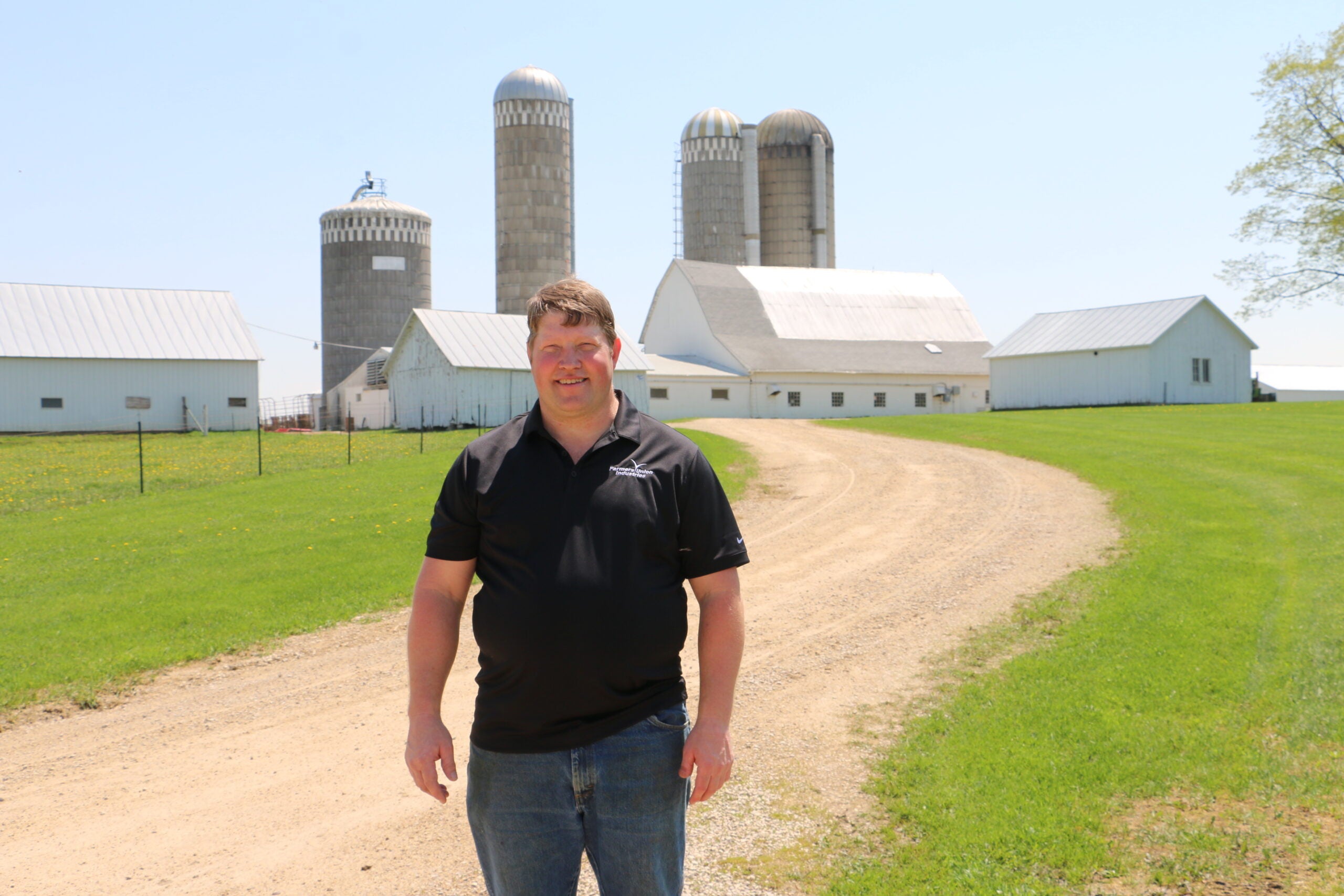Wisconsin’s federal lawmakers are blaming the other side of the aisle for getting in the way of extending the farm bill.
The legislation is renewed every five years to fund programs around agriculture, conservation and food assistance.
Congress failed to pass a new farm bill in September 2023 and have instead extended the 2018 bill in order to keep programs operating. After making little progress on new legislation this year, federal lawmakers are expected to pass another extension as part of a deal to fund the government into early 2025.
News with a little more humanity
WPR’s “Wisconsin Today” newsletter keeps you connected to the state you love without feeling overwhelmed. No paywall. No agenda. No corporate filter.
Democratic U.S. Sen. Tammy Baldwin told WPR’s “Wisconsin Today” that she is disappointed in the lack of progress on the legislation in Congress, saying the state’s farmers “need the certainty” from a new five-year bill.
“I think the major sticking point is that in the House of Representatives, there was a very partisan bill that was written, and it excludes lots of priorities for rural Wisconsin,” Baldwin said.
She said the Senate’s version of the bill, which was introduced by a Democratic-led committee in November, is more likely to get the bipartisan votes needed to pass the current Congress.
But Republican U.S. Rep. Derrick Van Orden of Prairie du Chien, who sits on the House Agriculture Committee, said Democratic leaders in the Senate were to blame for the lack of progress. He pointed out that their version of the farm bill wasn’t released until November.
“We cannot let the farm bill expire,” he told WPR in a statement. “I have been pushing for an extension for months, as it should have been finalized long before now.”
Van Orden said that he will support “the option that best serves Wisconsin’s farmers” as negotiators work out the deal between opposing parties, adding that he is “unwilling to gamble” with the state’s agricultural industry.
State’s farmers would feel impact of “dairy cliff,” lack of updates on crop insurance
Paul Mitchell, professor of agricultural and applied economics at the University of Wisconsin-Madison, said it’s fairly rare to see Congress have to pass a second extension to the farm bill. But he said the lack of cooperation between the parties has made it more difficult to reach the consensus needed to pass the large piece of legislation.
“Just like we walk up to the edge on these continuing resolutions to keep the (federal) budget going, the same thing is happening with the farm bill,” Mitchell said.
If Congress fails to pass an extension by the end of the year, the dairy industry would be among the first to feel the effects thanks to what’s known as the “dairy cliff”.
The farm bill modifies permanent legislation from the 1930s and 1940s that had a price support program for dairy, in which the federal government has to purchase dairy products in order to increase the milk prices to a certain target.
Reverting back to that legislation would dramatically increase milk prices and cause a major disruption to demand from domestic and international markets.
But Mitchell said he is more worried about the impact to corn and soybean farmers in the state if lawmakers are unable to agree on an update. He said revenue from crop sales declined significantly in 2024 and projections for next year look just as bad. But federal programs meant to help farmers when prices fall below profitable levels have not been much help because they’re operating at price floors set in 2018.
“They’re not effective right now,” he said. “Grain farmers especially are in a very tight negative margin period, they’re losing money. And it’s going to create a lot of financial stress on farms if we don’t get this sorted out.”
Mitchell said one of the major sticking points between the parties has been spending for the Supplemental Nutrition Assistance Program, or SNAP, which is the largest piece of farm bill spending. He said lawmakers are debating how to deal with the higher cost of food, with conservative leaders unhappy with the increasing cost of the federal program.
Wisconsin Public Radio, © Copyright 2025, Board of Regents of the University of Wisconsin System and Wisconsin Educational Communications Board.







